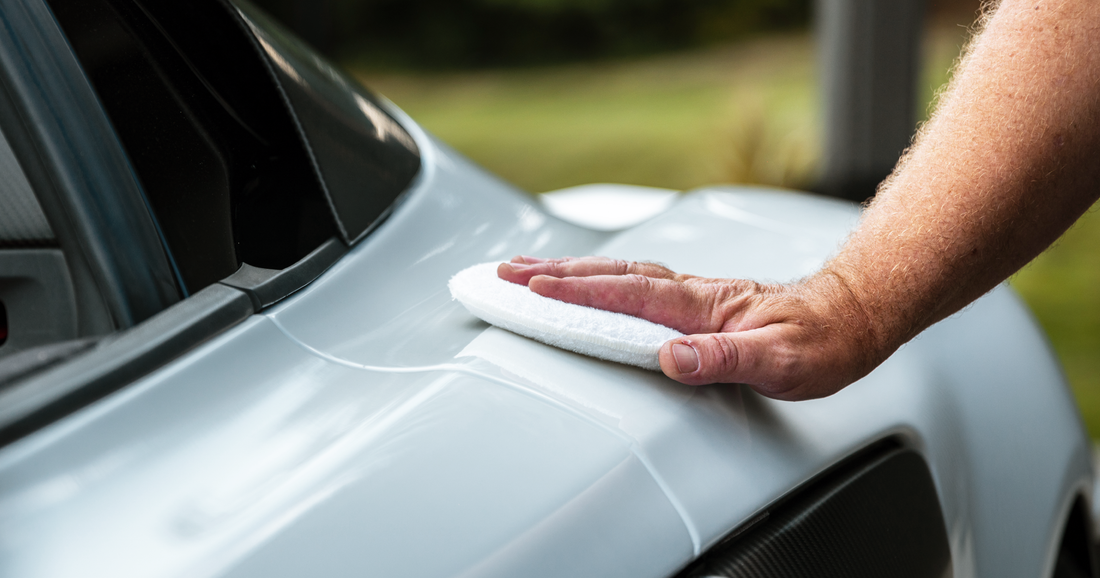All Categories
Featured

Understanding the distinction in between routine upkeep and fixings is key to guaranteeing your automobile remains in top problem and runs successfully throughout its life. Routine upkeep is concerning avoidance and ongoing treatment, while repair services are required when something breaks or breakdowns.
Routine Maintenance: Avoiding Future Problems. Routine upkeep includes the normal, scheduled solutions that keep your automobile in excellent functioning order and prevent issues from creating. These tasks are developed to guarantee that all parts of your car proceed to work as they must and aid preserve the car's dependability. Normal maintenance is commonly laid out in your car's owner manual, defining when to execute particular jobs based on mileage or time intervals.

Some instances of regular maintenance consist of:
Oil Modifications: Oil lubricates the engine, guaranteeing it runs efficiently and successfully. Routine oil modifications, normally every 3,000 to 5,000 miles, help protect against engine wear and keep the lorry running efficiently. Tire Turning and Balancing: Tire rotation assists also out tire wear, while balancing makes sure smooth handling and enhances tire durability. This should be done every 6,000 to 8,000 miles. Brake Inspections: Your cars and truck's stopping system requires regular checks to make certain the pads remain in excellent condition, the liquid levels suffice, and the blades are operating well. Liquid Checks: Watching on essential liquids, consisting of transmission fluid, coolant, brake liquid, and power guiding liquid, helps maintain the engine and various other systems operating efficiently. Air Filter Replacement: The engine air filter keeps dust and debris from going into the engine. Changing it regularly aids maintain engine performance and gas performance. These upkeep tasks are preventive in nature, designed to expand the life of your lorry and reduce the threat of break downs. By doing normal upkeep, you can catch small problems before they intensify right into larger, more expensive problems.
Repair Works: Dealing With Problems That Occur. Fixings, on the various other hand, are needed when a part of your lorry breaks or stops working down. Fixings are often unintended and are required to recover the automobile's capability and security. Unlike routine maintenance, which is concentrated on avoidance, fixings are responsive steps taken when something breakdowns or wears. While some repairs may be small, others could be a lot more intricate and expensive.

Examples of usual repair services consist of:
Transmission Issues: Problems such as slipping gears, problem moving, or weird noises may indicate a breakdown in the transmission, needing fixings or replacement. Engine Repair works: If the engine is misfiring, overheating, or revealing various other indications of trouble, it may require a repair service or substitute of specific elements like the ignition system, timing belt, or sensors. Brake Fixes: If your brakes are squeaking, making grinding noises, or falling short to quit the automobile effectively, you might need to change brake calipers, pads, or blades. Battery Replacement: If the auto has difficulty beginning or the battery warning light shows up, it might be time to change the battery. Suspension and Guiding Fixings: If you experience irregular tire wear, a harsh adventure, or difficulty steering, it might be an indicator that the suspension system or guiding parts need fixing. Repair services are typically a lot more pricey than routine upkeep because they include fixing problems that could impact the auto's safety or functionality. Depending upon the extent of the problem, repair work might need specialized components and labor.
Trick Differences In Between Routine Upkeep and Fixings. Purpose: Routine upkeep intends to guarantee and avoid concerns that the car runs effectively. Repairs are necessary to fix issues that have actually currently occurred. Frequency: Maintenance tasks are performed on a regular routine, while repair work are required when particular problems occur all of a sudden. Cost: Routine upkeep is generally cheaper, as it includes small checks, modifications, and component substitutes. Repair work can be much more costly due to labor and parts entailed in taking care of damaged parts. Timing: Upkeep is predictable and planned, whereas repairs occur when something goes wrong, usually leading to more immediate focus. The Importance of Both Regular Upkeep and Repair Work. While regular maintenance is vital for lessening the need for repair work, repair work are often inevitable. Also the best-maintained lorries can experience damage gradually. It's important to be proactive with maintenance and address fixings quickly to guarantee your car remains safe and reputable to drive.
By remaining on top of normal maintenance jobs, you can minimize the risk of needing costly fixings. Resolving them early can aid avoid additional damage and make certain that your cars and truck proceeds to carry out at its finest. when fixings are needed.
Conclusion. In summary, regular upkeep and repair work are both vital components of lorry care. Regular maintenance helps avoid issues and ensures your vehicle is running efficiently, while repairs are required to fix problems that develop unexpectedly. By stabilizing normal upkeep with timely repairs, you can prolong the life of your car and appreciate a more secure, a lot more trusted driving experience.
Latest Posts
Durable Yard, Ranch, and Cattle Ranch Fencing Solutions by Montana Fencing
Published May 13, 25
1 min read
Crafting a Winning Advertising And Marketing Strategy with Full Circle Strategic Marketing
Published May 13, 25
1 min read
Raise Your Occasion with The other day's Tavern Food catering
Published May 12, 25
1 min read
More
Latest Posts
Durable Yard, Ranch, and Cattle Ranch Fencing Solutions by Montana Fencing
Published May 13, 25
1 min read
Crafting a Winning Advertising And Marketing Strategy with Full Circle Strategic Marketing
Published May 13, 25
1 min read
Raise Your Occasion with The other day's Tavern Food catering
Published May 12, 25
1 min read